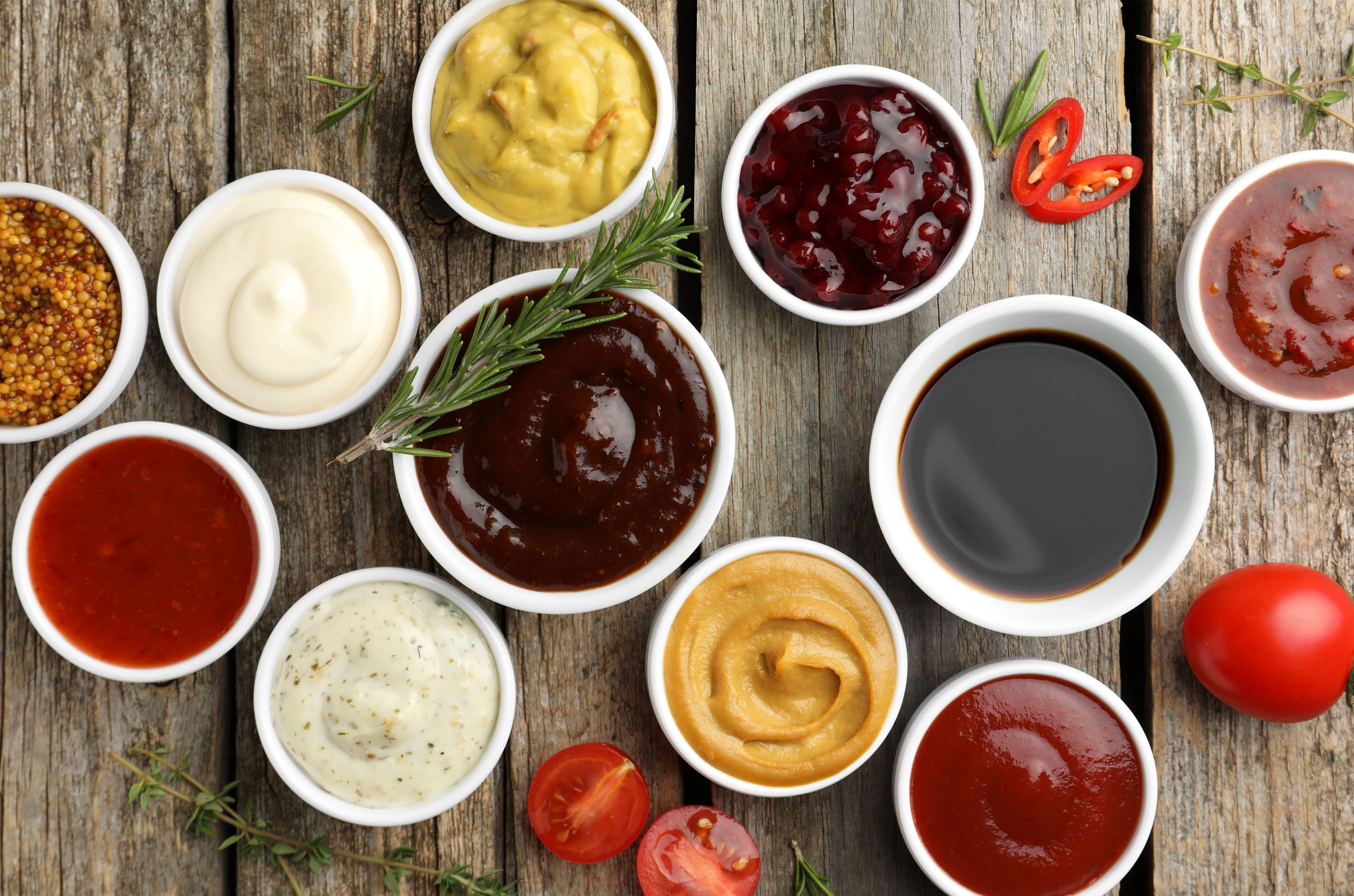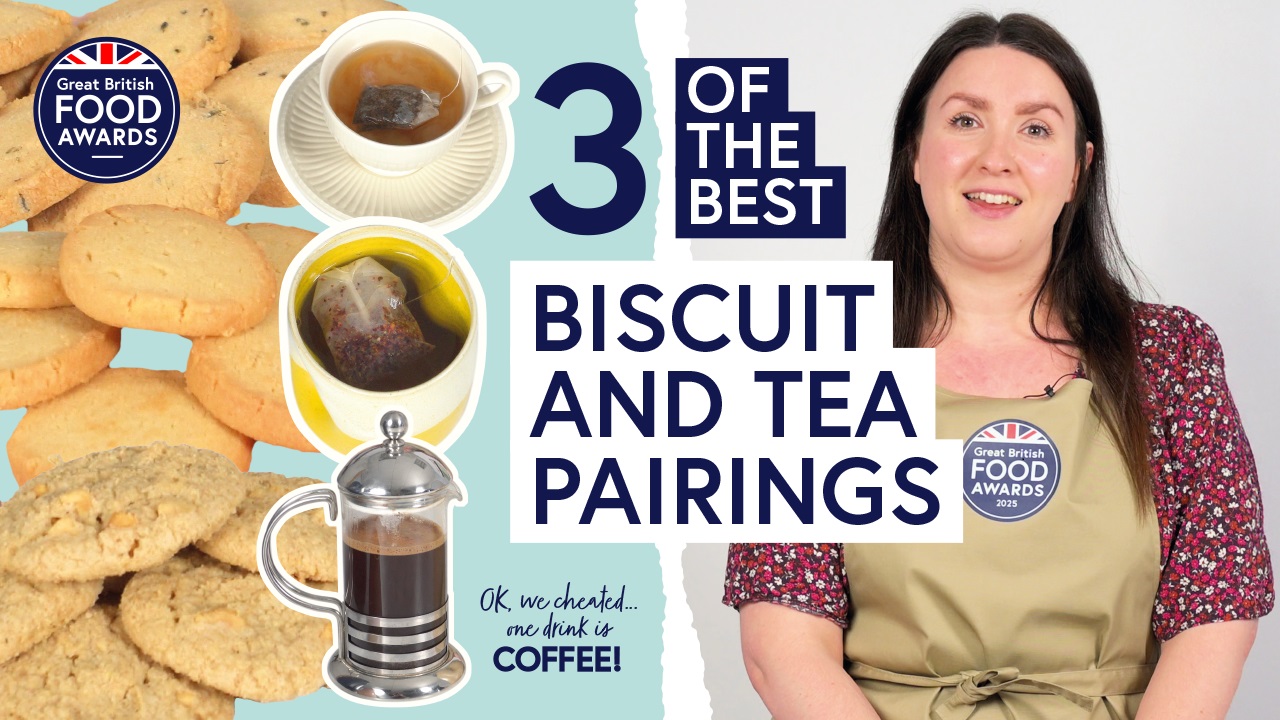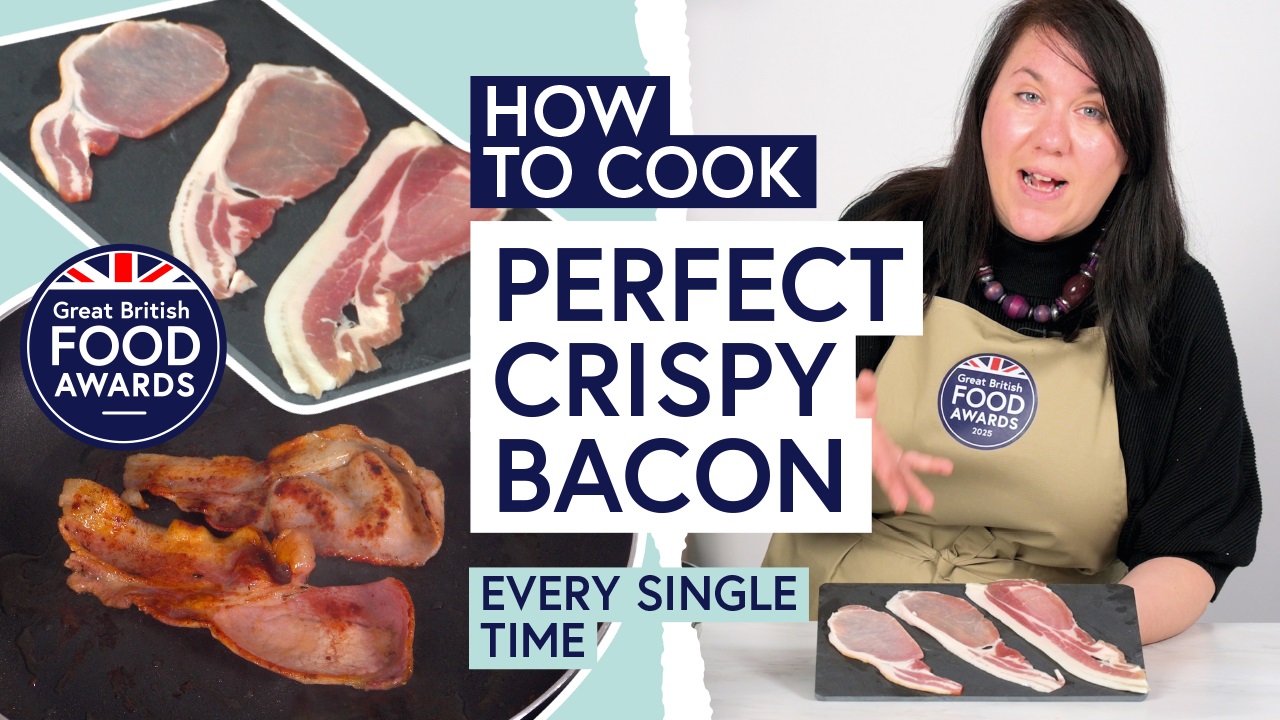Condiments are one of those ingredients that can really make or break a dish. Choose the right one and an otherwise ordinary meal can be elevated into something truly special with just a simple dollop or sprinkle, but choose the wrong one and the flavours can counteract each other and create a dish best left well alone.
But what exactly are condiments, and how can you put them to good use? And most importantly, which ones do you need to have on your radar? Luckily, the GBF team are here to help…
So, what are condiments?
Here’s a warning – you’re about to have your view of condiments changed entirely.
Essentially, condiments are foods that are used to enhance flavour or add a specific flavour to a dish and their remit is much wider than simply tomato ketchup, mustard or mayonnaise (those traditional condiments that immediately spring to mind). In actual fact, they can include anything from gravy and salt to salsa, coleslaw and icing.
“The word ‘condiment’ comes from the Latin ‘condire’ and it means anything that is there to enhance flavour, or to make ingredients taste delicious,” explains Claire Dinhut, author of The Condiment Book. “If you’re cooking with butter, it’s not a condiment. But let’s say you have a beautiful piece of sourdough and you want to top it with some gorgeous butter, spread so thick you can see your teeth marks in it, it’s a condiment. Clotted cream on a scone? A condiment!”
What makes condiments so special?
Here at GBF we love a condiment. Anything that’s there to enhance flavour and tickle your tastebuds gets a gold star from us – especially when they’re coming from artisan producers in Great Britian.
Claire also highlights how they can make different cuisines accessible. “They allow you to travel all four corners of the world, even if you can’t afford to fly,” she enthuses. “When you buy a jar, you can unlock that trip for yourself, recreate dishes you’ve always wanted to try, and expand your knowledge about foreign places. That’s so special.”
Is salt a condiment?
As we’ve said above – yes! All types of seasoning like salt, pepper and chilli flakes are condiments as they help enhance the flavour of the dish.
What are some examples of condiments?
Typical condiments include the likes of tomato ketchup mayonnaise, mustard, Worcestershire sauce, soy sauce, pickles, preserves, honey and so on, but a true and full list of condiments is as diverse and dynamic as you’d expect any good kitchen cupboard to be.
Seasonings, like salt, pepper, chilli flakes and dried herbs can be condiments, for example, as can items often used to cook with, like butter, olive oil and lemons, when used as a way to enhance flavour. Dips and sauces such as pesto, salsa, aioli, salad dressings, piccalilli and steak sauce, fit the bill too.
Asian condiments are popular at the moment – with ingredients such as miso and kimchi being used to great applause, and there’s also a big buzz around pickles in general.
And don’t forget sweet condiments like chocolate sauce, caramel and so on. They also fall under this category.
Are condiments bad for you?
With the increased spotlight on ultra processed foods, the question as to whether condiments are bad for you has certainly been raised. And the truth is, like with many things, some are and some aren’t. It really depends on how the specific condiment has been made and how much you’re using.
It sounds obvious, but good quality condiments, made using natural ingredients and with minimal processing, aren’t as bad for you as those laden with sugar, preservatives and other highly processed ingredients. If you’re concerned about the health credentials of your chosen condiment, always check the ingredients. If there’s a long list on there, and a lot of names and words that you don’t recognise, the chances are it’s ultra processed, and should only be enjoyed in small doses.
How can you use condiments in your cooking?
You don’t need us to tell you how to use salt in your cooking, but it’s worth considering ways you can use some of those more traditional condiments in unusual ways. You could try adding salsa to your pasta sauces, top cheese on toast with marmalade, use mustard as a crust for fish and so on. Experiment and have fun – the world is your oyster (sauce!).
13 of the best British condiments
Looking to pack out your cupboards with a few more condiments? We have some brilliant options for you below…















